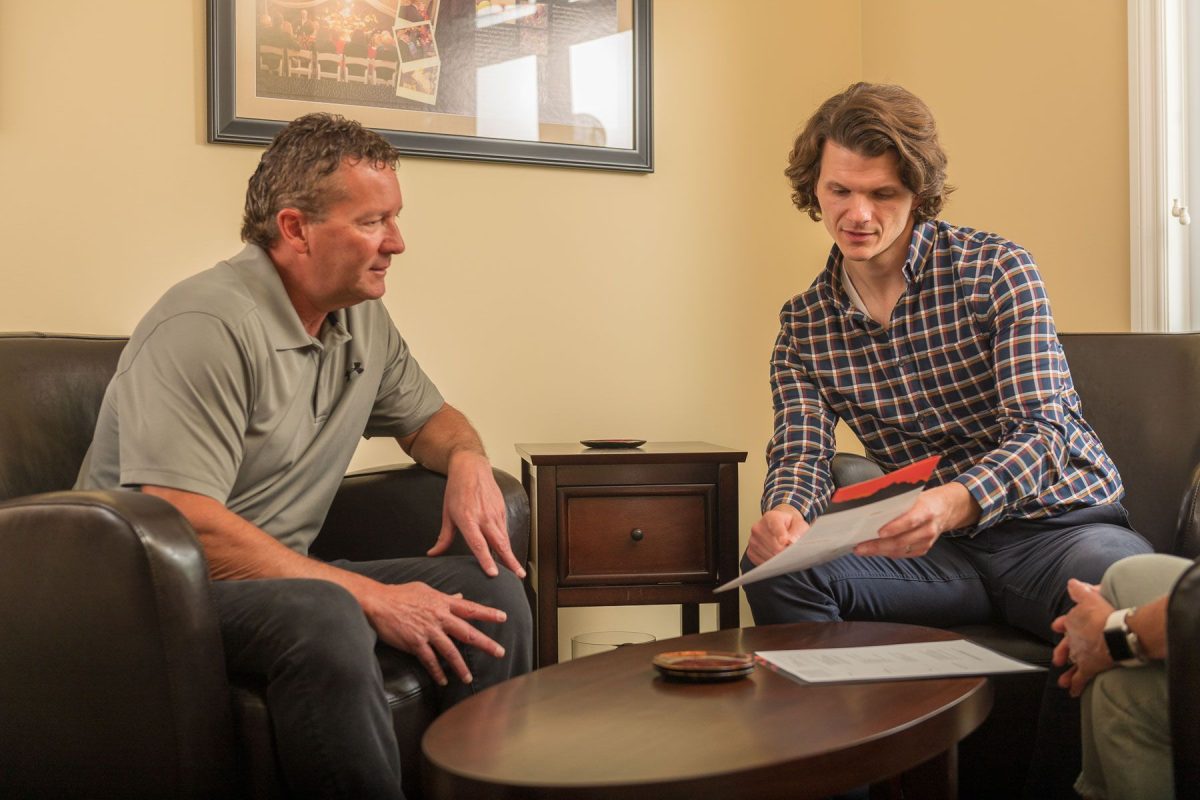
Do you know how to run? Of course you do, you just…run…right? Something that is so innate to each of us as running, something we’ve been doing since we were kids; can we do it wrong? I’m proof that you can do it wrong.
When I turned 30, I looked in the mirror and didn’t like what I saw. Having grown our family while building a career had taken a toll on my waistline. I was not looking or feeling my best, so I started running. Like many others, I bought running shoes and some running clothes and hit the streets. Mile after mile after mile, I actually learned to enjoy distance running. The act of being outside and burning tons of calories became very intoxicating. In fact, I lost almost 30 pounds and kept it off for about 9 years. Running daily had become no more eventful than brushing my teeth, it was just something I did. Until I couldn’t any longer.
It turns out that poor running technique can eventually wreak havoc on your body. I developed a very painful case of plantar fasciitis, a heel injury that didn’t improve with physical therapy and didn’t respond to the normal methods of treatment. As a result, I quit running and picked up weight training instead. I had become another ‘former runner,’ a common story among aging adults. Injury ends an otherwise noble pursuit to remain healthy at a time in life when most people struggle to keep the pounds off and the energy up.
Here I am now, two years later, reading books, watching videos, and seeking coaching so that I may run again. This time, I’m focused on running correctly. It turns out there is a vast body of knowledge about how to run correctly, to avoid injury, increase facility, and enjoy running as a lifelong pursuit. I wasn’t aware of this as I strapped on shoes years ago and did what I thought was natural to all of us.
I’m not there yet, meaning I have a long way to go to be efficient in my running, using effective technique. The key for me is knowing that there is a way forward, albeit a long and likely frustrating road. And as you guessed, this got me thinking….
When speaking to a room of relatively young people who are employees at an organization where we manage their 401(k) plan, the questions often sound like this: “I’m just getting started investing; how do my new spouse and I get off on the right foot, financially?” (While the foot pun was not intended, it certainly works well in this story.) I love the question in its directness and sincerity, but I also marvel at its importance. After all, most people would think, “Just put money into the 401(k) and you’ll be fine.” But what if there’s a technique or mindset that might prevent future injury, or even propel one to a much greater level of success? What are those critical fundamentals that keep a person winning for decades to come, and not become a person who started strong but faltered halfway through the race?
For those who may be interested in the answer, from a financial perspective, the fundamentals are:
- Live below your means
- Avoid the use of excessive debt
- Set long term goals
- Avoid presuming upon the future
When applied to financial matters, these are difficult to refute (and thanks to Ron Blue for the framework). I’m still learning the fundamentals of proper running, but I have come to understand that I was placing undue stress on my body because I wasn’t aware of the science behind something that seemed so easy…until it wasn’t.
In retirement planning, there are strategies and methods that are very likely to feel unnatural at times. Simply putting money into the 401(k) works for a while until it no longer achieves the desired outcome. For those who assume there’s not much to it, pain is likely to follow. For those who wish to better understand the mechanics and will do so with an open mind, that’s whom we serve best.
So I’ll be doing running drills for some time, taking baby steps, in order to re-learn a skill I thought I once had. If we can help you, or a friend, or a co-worker, or a family member who is nearing retirement, better understand the mechanics of retirement planning, please send them our way. We’ll take good care of them, just as we strive to take good care of ourselves.
All the best,

Adam Cufr, RICP®
Recent Articles

Show Your Work: Why Transparency Matters in Retirement Planning

Unlocking the Mystery of Income Taxes

Social Security Strategy: Do You Have One?

Pension Decision: Just One Critical Piece of Information Is Needed to Decide


